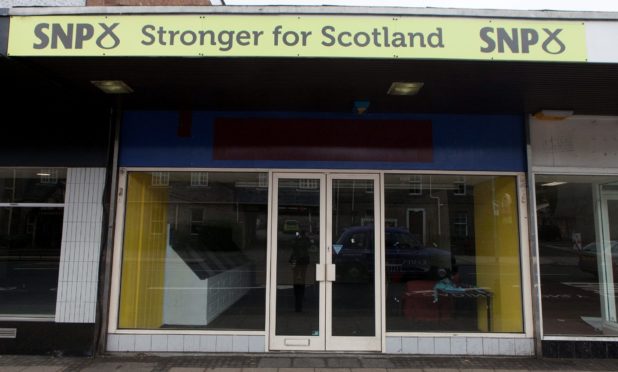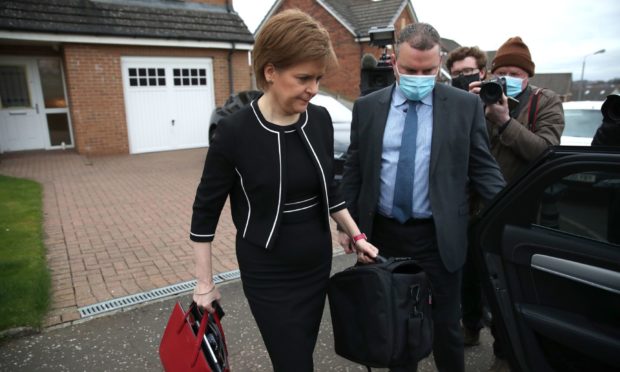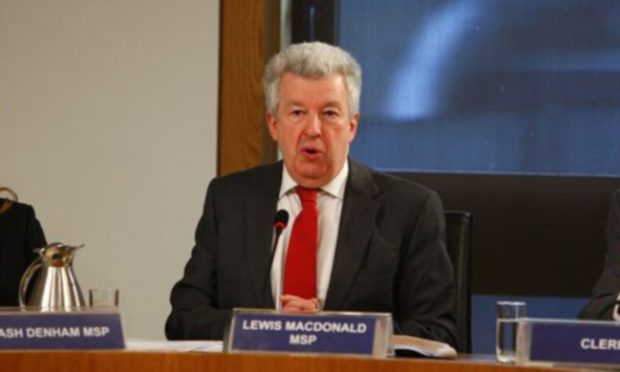A quarter of MSPs are currently in the process of standing down ahead of the upcoming Holyrood election, while many more will face the same task of winding up their affairs should they fail to win re-election on May 6.
We have taken a look at some of the “sometimes painful but absolutely necessary” jobs they must consider and complete in order to fully “decommission”.
When does an MSP stop being an MSP?
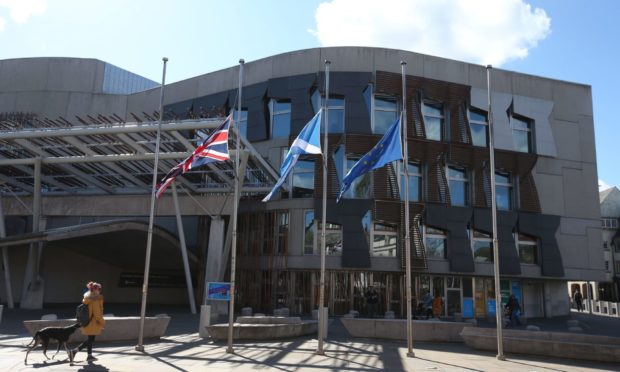
Normally, MSPs stop being MSPs when the parliament goes into dissolution, about six weeks before the election.
At this election, due to the pandemic, MSPs will legally remain as MSPs until May 5, the day before the vote, in case they need to be recalled at short notice during the coronavirus crisis.
However, there are still restrictions on the use of the title “MSP”, as well as the use of parliamentary resources, so those seeking re-election do not have an advantage over candidates who were not MSPs.
What happens to an MSP’s office?
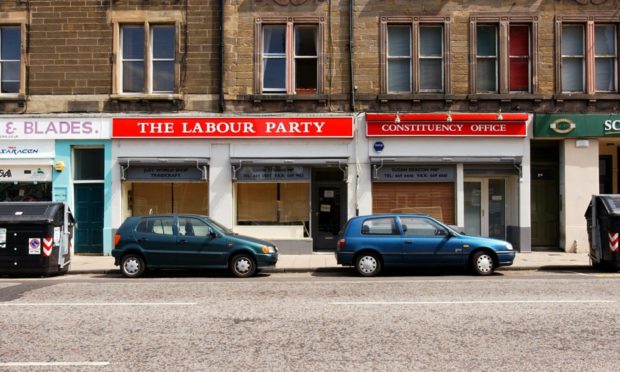
At Holyrood, all MSPs and their staff were asked to remove their belongings from their offices by the beginning of recess, and the election campaign period, on March 25.
Security passes for access to the parliament building were temporarily deactivated from then.
In terms of local constituency offices, it is up to each MSP to decide. They can be kept open during the election campaign for dealing with ongoing casework, but not for political campaigning or taking on new casework.
Those stepping down must resolve any outstanding legal issues, such as ending leases and paying outstanding utility bills.
What happens to their staff?
MSPs can have several staff members, such as office managers, caseworkers and communications officers.
Ahead of an election, early warning notices and consultation are held due to the risk of redundancy.
Redundancy payments can be made to those who lose their job as a result of an MSP’s departure, usually of up to four weeks’ salary for each year of service, up to a maximum of one year’s salary.
The human resources department at the parliament offers a career support programme for MSPs and their staff to help them move into another career.
The notice period can range from one to 12 weeks.
What about any outstanding casework involving constituents?
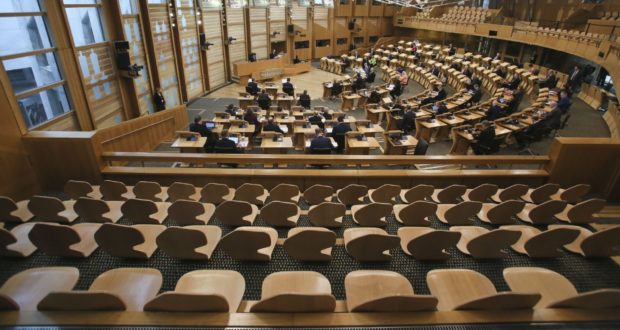
MSPs are contacted hundreds of times each year by constituents and often have dozens of ongoing cases they pursue on behalf of the resident.
When an MSP steps down, he or she usually writes to the person to inform them and to ask whether the constituent would like the case to be passed on to another politician to pursue.
In some cases, if the issue has been close to a politician’s heart, they may decide to continue to pursue the case as a private citizen.
Data protection laws can cover the transfer of data, and if a constituent does not want the details passed on, MSPs must delete and destroy all documents securely or pass the file back to the constituent.
How does an outgoing MSP describe the process?
Lewis Macdonald, a retiring north-east Labour MSP and deputy presiding officer at the Scottish Parliament, said: “Winding up is always a bigger job than it might seem because there are always lots of loose ends to be tied up.
“The important things are to do the best you can for the people you represented, and make sure they have a choice over whether someone else can pursue the issue for them, to conclude your legal obligations in terms of office leases and things like that, but perhaps above all to make sure that your staff are able to move on to something that suits them, and that they do so in as smooth a way as possible.
“So there are lots of people that you have obligations towards, staff and constituents in particular, as well as colleagues.
“Making sure that all of those are tied up properly is a big job.
“The term I use is decommissioning. I’ve been in business as a public representative for 22 years, and as a business I’m now in the process of decommissioning.
“That’s sometimes painful, but absolutely necessary and it’s important to get it right.”
